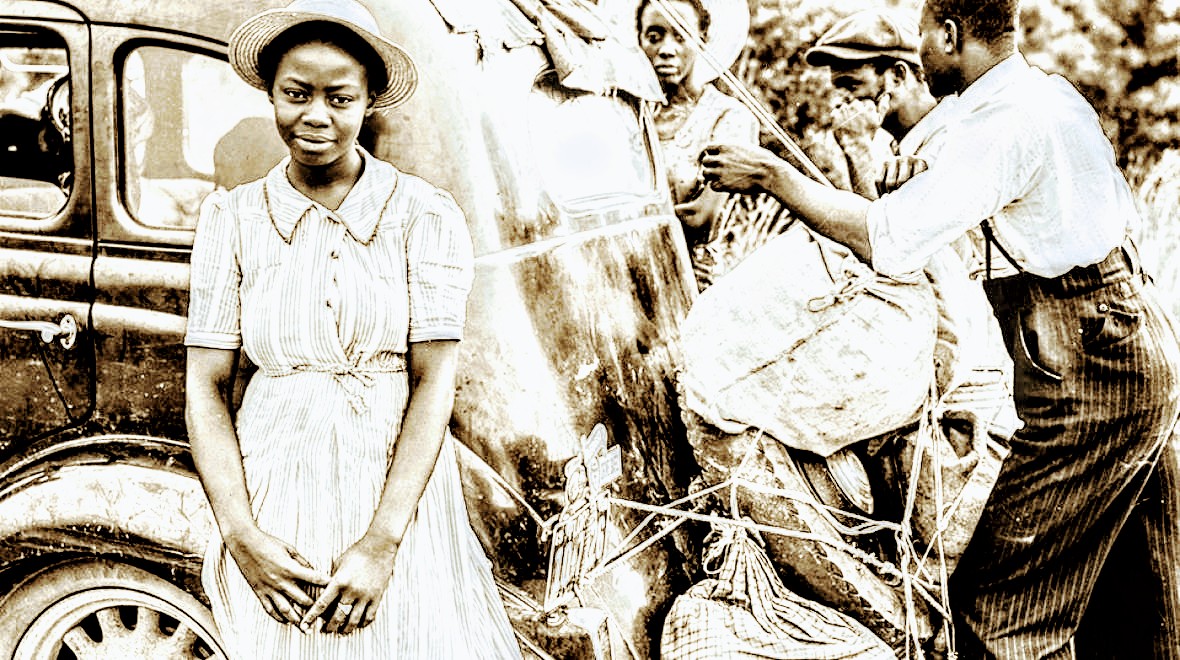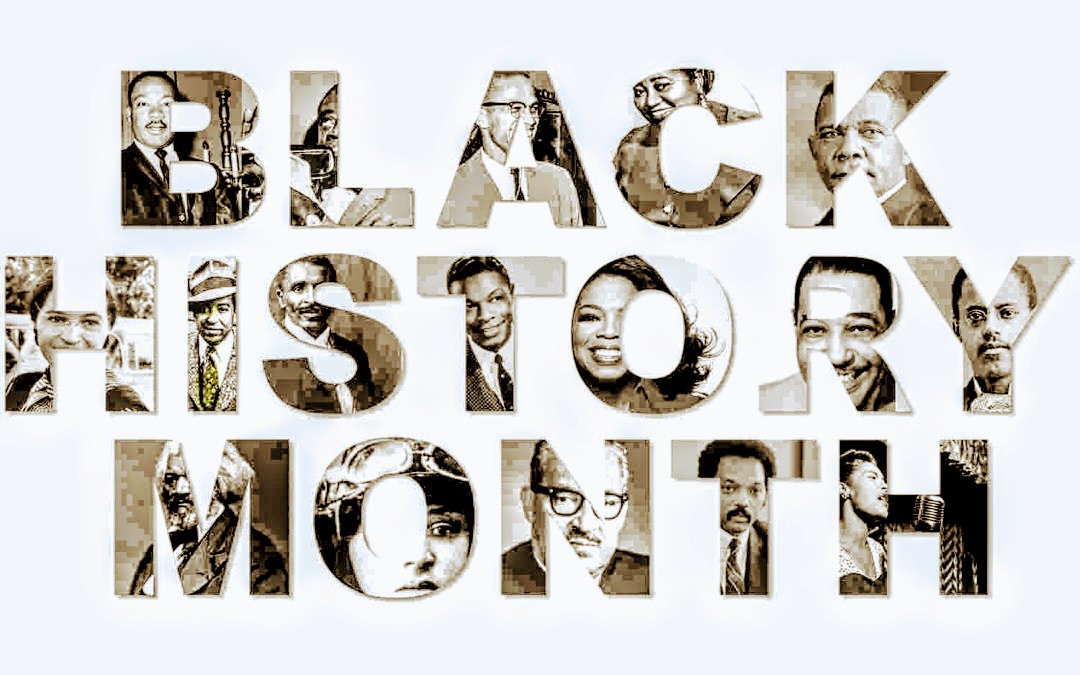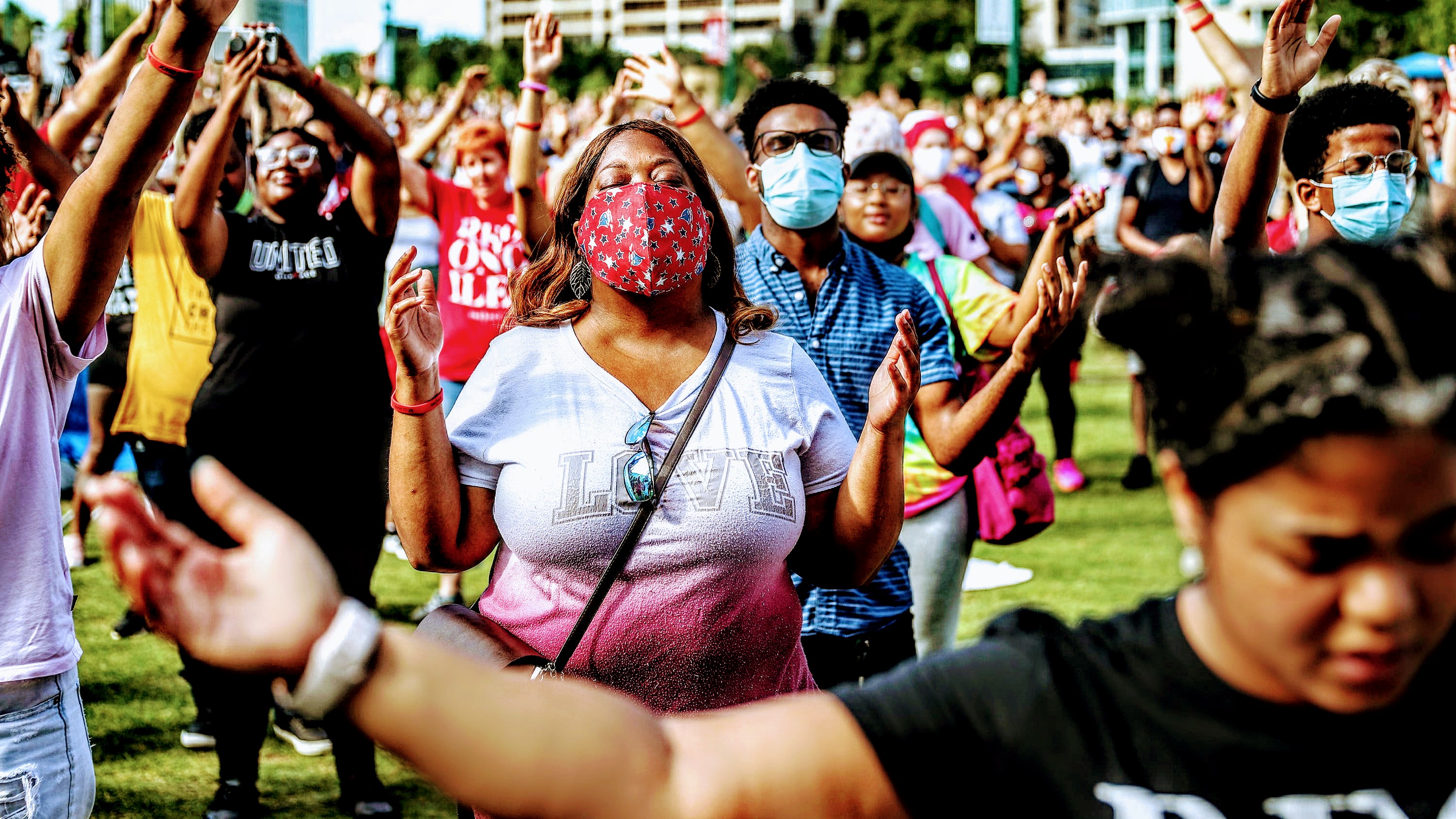February is here! Another month for the annual celebration of Negro gardens, which were planted, birthed, and cultivated in US soiling. They were birthed and grown in a way, that such peculiar vegetation were crafted and designed to nourish the very people, and women, who birthed them. They were painted to serve as a safe haven a people, who needed some form of comfort, in the midst of violence and extreme hostilities towards their very Being. February is more than a celebration! It is a reminder, and meditation, for past journeys, and those which are yet to come. Of course, the work must continue throughout the rest of the year. The knowledge, and ongoing learning, never stops. Nevertheless, February highlights that initial start, in which Black American people, are able to venture into that level of meditation. It’s a reflection on our very existence, and the fact that we are still alive! In the face of adversity and attempted annihilation, we were able to overcome; using creativity, as a tool. Consistent creation over different periods of time became the most profound tool for the safeguarding of a people, and the re-birthing of generations to come. It’s phenomenal! Furthermore, it is a reflection of what it meant for Black American people to specialize in the impossible!
You will have those criticisms for this month. You will have those debates, arguments, or those in disagreement for the month to specifically be dedicated to Black Americans. Why is that? Well, some will state that such a month should be inclusive of other African and Diasporic communities. However, do they not have a nation of their own, cultural spaces of their own, where they are able to celebrate themselves? Is Black America not a culture of Blackness, which has specifically been crafted and created to reflect an authentic Universal hue, within the soil of the United States of America? Why is it that Black Americans are the only group who are discouraged from creating spaces for themselves? No other group, including African, Caribbean, or Afro-Latinos/as cave into the pressures of not solely honoring one’s own existence, first, in the way that Black Americans have been pressured to do so. In fact, it is expected for these cultures, within these groups to honor, and affirm, oneself, first, before even mentioning the very existence of others. However, such does not mean that Black American people have not acknowledged those esteemed and noteworthy persons from the Caribbean, African nations, and Afro-Latino/a communities, who have immersed themselves into Black American culture; while also contributing to the movement for Black American people in the United States. Often times, such persons have grown up with Black American people, and have honored the culture, and very existence of this peculiar people. It is safe to say that the Black American community has honored and revered such people, during the month of February. Yet, let it be made clear, that February is the month of Black American people. It was founded by Black American people, in the United States. Therefore, it is in honor of Black American people, culture, and her/history.
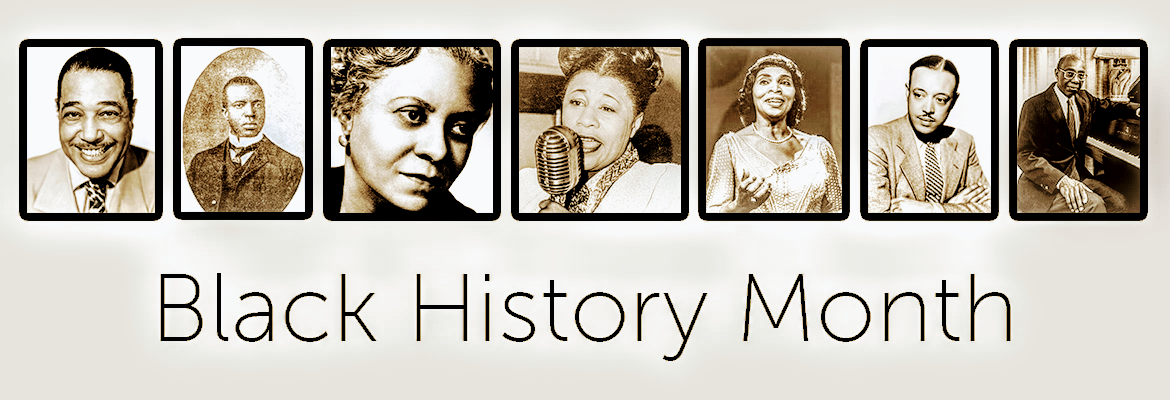
It seems to be a controversy when Black American people decide to affirm our very own existence; protected it, and ensuring that our gardens are crafted to nourish and heal our people, first. Yes! Such conversations have taken place, even within Diasporic communities. Black Americans are expected to share everything from our existence, with everyone, but ourselves. It has even become apparent that Black American people have become devalued within our own culture and communities. For some reason, other people have presented themselves as “elevating” Black American people, since their existence is not from our own birthing. That somehow their presence “adds value” to the culture of people, more so than the very existence of Black American people, themselves. It is a rather bizarre and strange aura. How intriguing that a people are told they “have no culture.” And yet, people from other cultures have come to imitate, copy, and economically benefit from their presence and-wait for it-culture!
Clearly, what has happened against the very wellness of Black American people is a psychological game play, which has been played against our community for decades. And yet, it has not solely come from White American communities. In fact, other “people of color” (including persons directly immigrating from the African Continent, Caribbean, and Afro-Latino/a countries) have participated in this mental game play against the Black American psyche. It’s the repetitive actions of presenting oneself as “more civilized,” “more cultured,” and even a more “aesthetically pleasing representation of Blackness,” than Black Americans; while, simultaneously having benefited from our culture, struggles, movements, and very existence within the United States of America. There is an unspoken (through agreed upon) desire to use Black American culture, our platforms, and even instances of our self-hatred (by way too many individuals) for outside, cultural elevation. There are those who have seem themselves as “superior” to Black Americans (and especially to Black American women); that they are supposedly, “more deserving” of benefiting from Black American culture than the very people, who created it. This idea in feeling that one is more deserving of US opportunities than Black Americans is a silent, ideology among too many newly-immigrated communities. Of course, that is for another conversation.
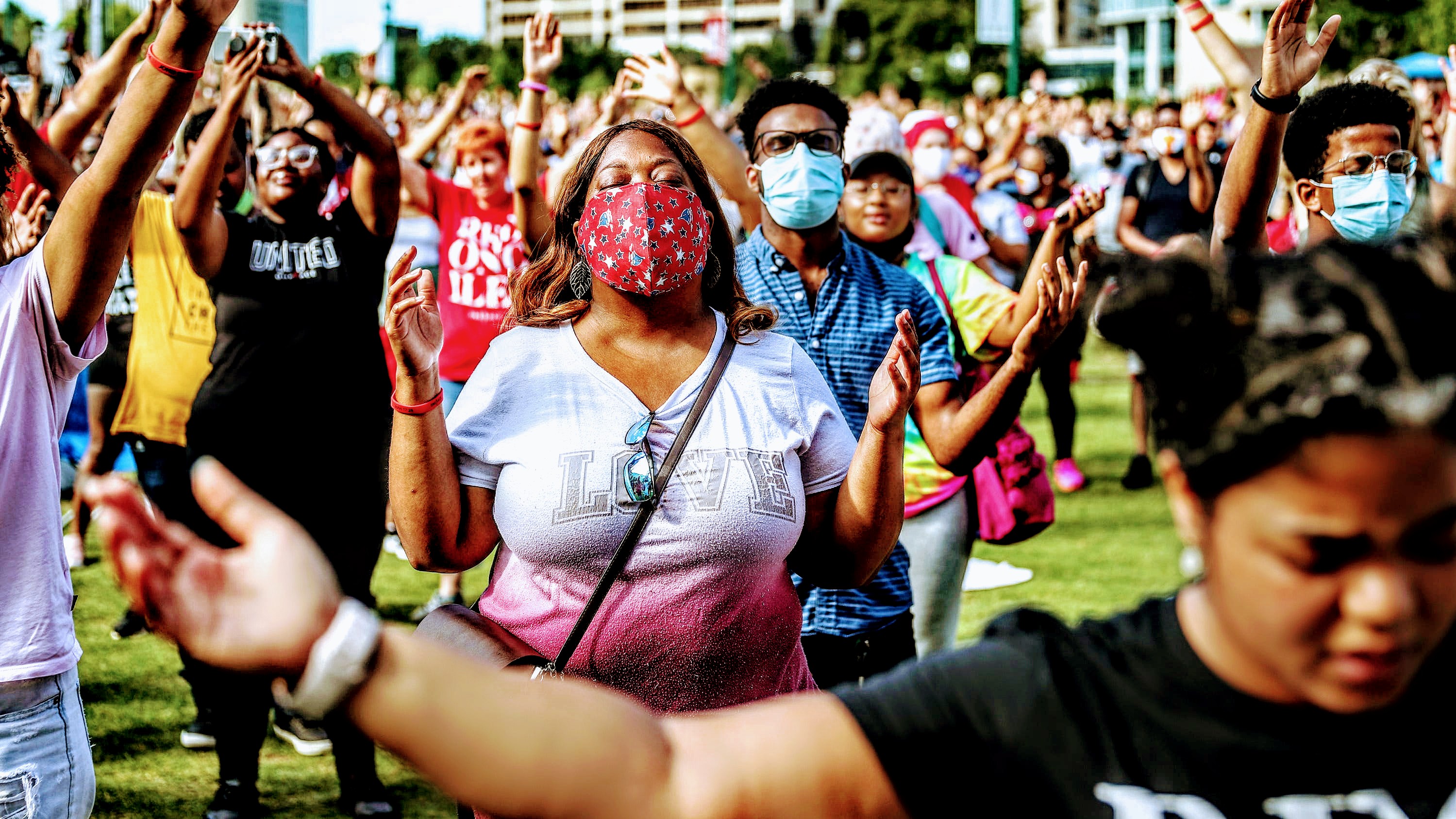
What is significant about Black American Her/History Month is that it provides Black American people with the opportunity to recenter ourselves within our own communities. It is a wellness period; a healing period. No longer are we a stale form of “blackness,” without any culture, contribution, or lack of exoticism, in our own right. No. For February is a particular time when we are able to re-imagine and perform the beauty of our existence. Painful memories of the past cannot limit or contain our ability to re-grow our gardens. The ugly stench of her/history’s shame cannot prevent the blossoming of our blackened flowers, with the glitters of its soiling. For our her/history has shown that we continue to rebirth ourselves, even in the midst of attempts to destroy our very Being. Creativity has always been our tool of existence, within the United States Of America. Being unapologetic in affirming our existence within this month (and affirming this month for ourselves) is one of the most nutritious performances (and self-healing) that Black Americans can do. It is a reaffirming of the self. Furthermore, it is practice of, self love.
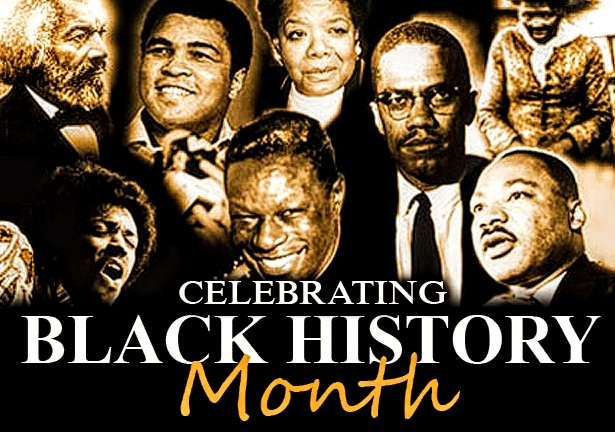
Another impertinent reason for why February is affirmed for Black American Her/History month is due to the necessary activity of cleansing the toxins, the weeds, within our gardens. In fact, it’s another opportunity to reassess our presence within this land-these United States of America. Connecting our bodies to the land, in which are ancestors labored and performed. It is a necessary tool. For left in the land is additional magic, that we must wear in celebration of our foremothers and forefathers. This is especially true, as it relates to Black American women; as there is this notion that Black America is without its own feminine presence, or feminine energies. In fact, there are a myriad of instances where foreign, feminine images enter into Black American gardens, with the heinous notion of “replacing” Black American women in our own culture and community. It is one of the most heinous acts of violence and abuse, which have been directed against Black American women-and the community, in general. February is the month, where we check-in with out gardens. It is the time where Black American women assess our gardens; taking a year long overview into how we have, or have not, been nurtured by them. Yet, the most important activity is our affirmation within them. We are the maidens of Black America’s gardens. We, daughters of Black America, are the feminine imagery of this people. This peculiar people. Therefore, we must ensure that we are taking our place within them. After all, our foremothers left them for us. We owe it to them to ensure their continued cultivation. It is also for the benefit of our own femininity. For in doing so, we are re-aligning ourselves with the Earth-and a particular spacing, which tells our story. A spacing that affirms our feminine essence, allure, and the presence of our particular culture and womanhood. It is more than important!
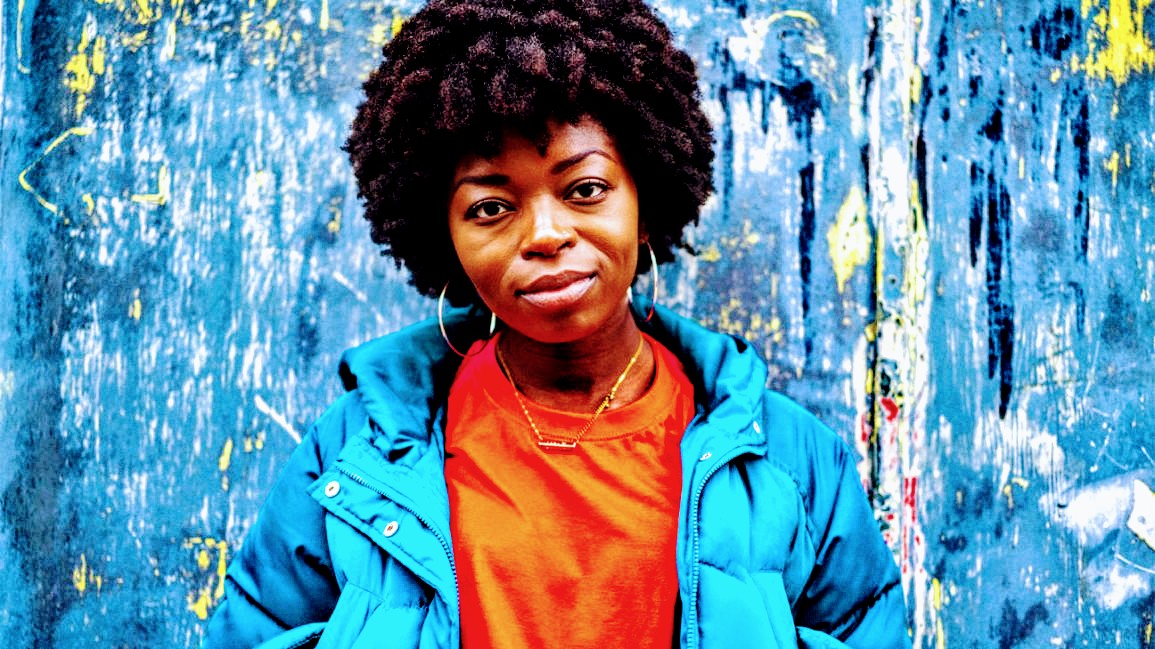
February is the month for affirmations of Black American people-our celebration, our culture, our story. Gone is the time when Black Americans should “feel ashamed” of our culture, and what we have produced. Gone are the days when we feel that we have to have others enter into our gardens, our communities, to “add value” to our existence. In Black American culture and her/history, Black Americans are valuable because-wait for it-we are Black American. How can anyone want, imitate, and perform the music and cultural attributes of a particular people, and yet despise the people who produce it? The culture and legacy is in their blood. Their Being keeps the legacy and culture flowing. And that is what makes them, valuable. Black American culture is valuable because it is Black American people, who produce it. Nuf’ said. The people are valuable in the culture because the culture comes from them.
And so, as we continue to move into the very beginnings of February’s Black American Her/History Month Celebration, let it be known that true love begins with one’s very own image, culture, and existence. One can not “love the world,” and yet hate the very culture (and feminine presence), which has birthed them. It’s one of the greatest paradoxes, and unfortunately, such a paradox has been encouraged within Black American communities. That paradox is coming to an end. Now, we are moving into a healing direction. It is a steady change. And yes, it will be met with its frustrations, anger, heartache’s revelations, and testaments of betrayal. However, it is a journey, which is well worth it. For in that moment, a people will have melted away the tainted, stale, and malnourished energy, which has been draped over their existence. The Universal waters of the culture will have washed away the toxic residue; making way for that magical hue of glittery sparkles to paint our gardenal book. For it is in our gardens, where we can always find the most healthiest version of ourselves. It’s that hidden beauty, which has yet to be presented to the world, in its fullest capacity. Presenting ourselves, and our very existence, as the glittering presentation of Universal magic, that our journey has painted us, to be.
